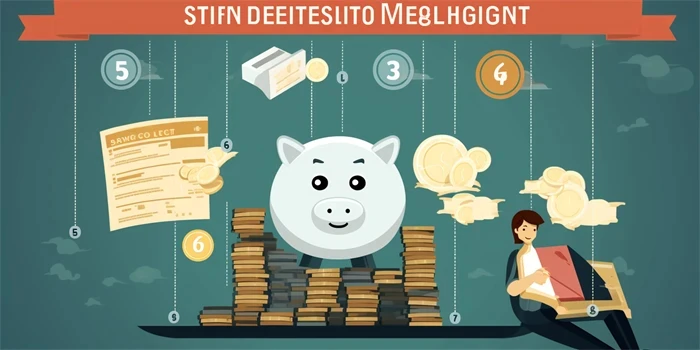The integration of artificial intelligence (AI) in education has the potential to revolutionize the way we learn and teach. With its ability to analyze vast amounts of data and adapt to individual needs, AI enables personalized learning at scale. In this article, we will explore the various aspects of AI’s impact on education and its potential to shape the future.

1. Adaptive Learning
One of the most significant benefits of AI in education is its capability to provide adaptive learning experiences. By analyzing student performance, AI algorithms can identify areas of strength and weakness, and tailor learning materials accordingly. This personalized approach ensures each student receives the support they need, leading to improved engagement and academic outcomes.
Furthermore, adaptive learning platforms such as Knewton and DreamBox utilize AI to create personalized learning paths, suggesting the most relevant content and activities for each student based on their unique learning style and pace.
2. Intelligent Tutoring Systems
Intelligent tutoring systems powered by AI have the potential to replace traditional tutors in certain settings. These systems analyze student responses and provide real-time feedback, guiding students through the learning process. They can adapt their instructional strategies based on a student’s individual progress and provide additional support when necessary.
For example, Carnegie Learning’s MATHia platform uses AI to provide personalized math instruction. It presents problems, assesses student responses, and provides feedback rooted in the student’s specific knowledge gaps. These intelligent tutoring systems enhance the learning experience by providing immediate and targeted assistance.
3. Natural Language Processing
AI’s natural language processing (NLP) capabilities enable language learning platforms to provide interactive and immersive experiences. AI-powered platforms like Duolingo and Rosetta Stone leverage NLP to understand and respond to learners’ speech or text inputs. This technology facilitates language acquisition by fostering conversational practice and instant feedback.
4. Enhanced Assessment
Traditional assessments often fail to capture a comprehensive understanding of a student’s skills and knowledge. AI-based assessment tools can analyze various data points, including students’ responses, interaction patterns, and even facial expressions, to provide a more holistic evaluation.
Furthermore, platforms like Gradescope employ AI algorithms to automate grading, saving educators valuable time and allowing for quicker feedback to students. As AI improves its ability to understand complex answers, it opens the door for automated assessment of subjective subjects like essay writing or creativity.
5. Personalized Recommendations
AI algorithms can analyze a student’s learning history and preferences to provide personalized recommendations for additional resources, books, or online courses. These recommendations empower students to take control of their learning journey and explore topics of interest, fostering a love for lifelong learning.
6. Intelligent Content Creation
AI has the potential to revolutionize the process of content creation and delivery. With tools like OpenAI’s GPT-3, educators can generate customized educational content, including lesson plans, quizzes, and explanations, saving valuable time and effort. However, it is crucial to ensure that AI-generated content is reviewed and validated by experts to maintain quality standards.
7. Ethical Considerations and Bias
While AI brings multiple benefits to education, it also raises ethical concerns. Bias in AI algorithms can inadvertently perpetuate inequality if not properly addressed. Developers must actively work towards eliminating bias and ensuring fair and equitable access to educational opportunities for all students.
Frequently Asked Questions:
1. Can AI completely replace human teachers?
No, AI cannot completely replace human teachers. While AI can enhance the learning experience and provide personalized support, human teachers play a crucial role in fostering social and emotional development, creativity, critical thinking, and complex problem-solving skills.
2. Is personalized learning through AI only suitable for certain subjects?
No, personalized learning through AI can be applied to various subjects. AI algorithms can adapt to different learning styles and individual needs, making it an effective approach in subjects ranging from math and science to languages and humanities.
3. How can AI address the challenges of a diverse classroom?
AI’s adaptability allows it to address the challenges of a diverse classroom by providing personalized support to each student. It can identify and bridge gaps in knowledge, accommodate different learning styles, and offer tailored resources, ensuring every student receives the necessary attention and opportunities to succeed.
References:
1. Johnson, L., et al. (2016). NMC/CoSN Horizon Report: 2016 K-12 Edition. New Media Consortium.
2. Rose, D. H., et al. (2017). Universal Design for Learning: Theory and Practice. CAST Professional Publishing.
3. Education Week. “AI Goes to School: 7 Ways Artificial Intelligence Will Change Education.” Education Week. [https://www.edweek.org/]


